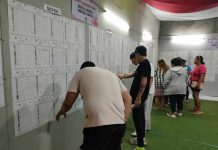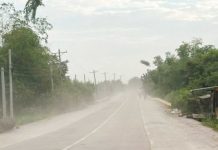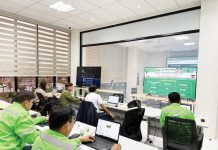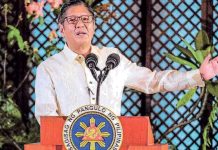
MANILA – The Inter-Agency Task Force for the Management of Emerging Infectious Diseases (IATF-EID) would allow the entry of some foreign nationals beginning Nov. 1.
Presidential spokesperson Harry Roque said among the foreigners who will be allowed to enter the country are those with visas issued by the Bureau of Immigration under the Omnibus Investments Code of 1987 and Republic Act 8756, and those with special non-immigrant visas under Section 47(a)(2) of the Philippine Immigration Act of 1940.
Also covered by the new policy are foreigners with visas issued by the Aurora Pacific Economic Zone and Freeport Authority and the Subic Bay Metropolitan Authority.
“Foreigners must have a valid and existing visa at the time of the entry and a pre-booked accredited quarantine facility,” Roque said at the Laging Handa virtual presser on Friday.
“They must be subject to the maximum capacity of inbound passengers at the port and date of entry, and must follow applicable immigration laws, rules and regulations,” he added.
Other travelers allowed to enter the country include Filipinos, their spouse and minor children, as well as foreign children with special needs of Filipinos, foreign parents of minor Filipinos and foreign parents of Filipino children with special needs.
“Those who are eligible to enter are required to secure an entry visa from Philippine embassies or consulates, prior to their arrival,” Roque said.
“Accredited foreign government and international organization officials and their dependents, foreign airline crewmembers, foreign seafarers with 9(c) visas, and foreigners with long-term visas are also allowed to enter the country,” he added.
Meanwhile, Roque also added that the IATF-EID amended Resolution No. 79, which requires travelers to present a negative antigen test result as a pre-boarding requirement.
“Filipinos traveling abroad are no longer required to undergo an antigen test before leaving the country,” Roque said.
The IATF-EID previously required all outbound travelers to present antigen test results unless the destination requires a negative swab result. The country allowed non-essential foreign travel of Filipinos starting Oct. 21./PN






